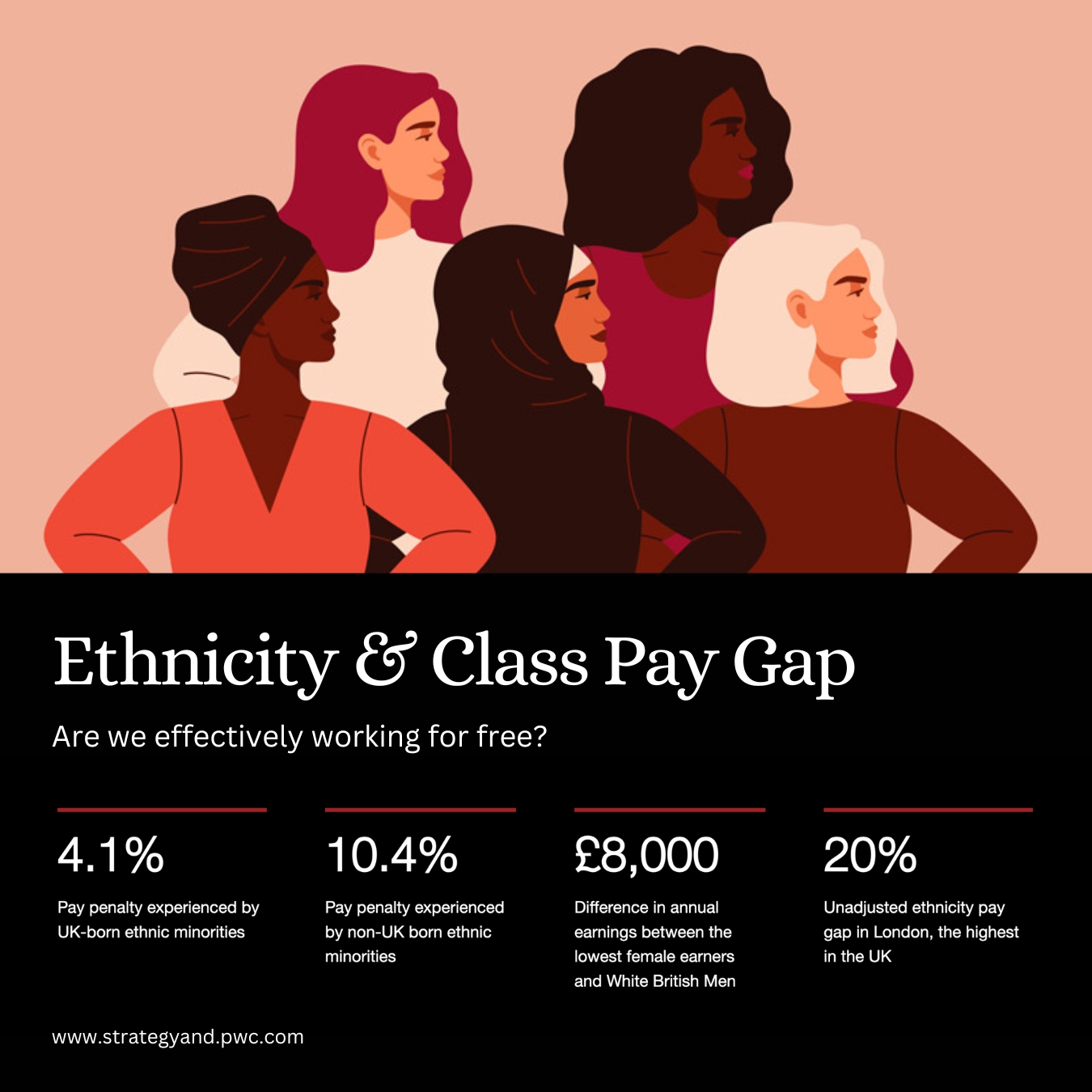
Lululemon’s Inclusivity Crisis—Billionaire Founder’s Vision for ‘Certain Customers’
‘You’ve got to be clear that you don’t want certain customers coming in.’
Lululemon founder Chip Wilson’s recent remarks reveal a discomforting truth about some leaders in the corporate world. Wilson, whose wealth surged by $4 billion (due to his 8% stake in Lululemon), blatantly expressed a preference for exclusivity over inclusivity. This attitude unveils an underlying, often unspoken bias: a resistance to disrupting the traditional status quo. A view among some leaders who view inclusivity as a threat to the established patriarchal order.
The phrase “certain customers” used by Wilson raises a critical question: Who exactly does he mean? This statement, while attempting to mask itself as brand differentiation, tiptoes dangerously close to outright discrimination. It’s a distinction that many leaders in similar positions fail to recognise or, worse, choose to ignore. This isn’t about preserving a brand’s uniqueness; it’s about perpetuating a narrow, outdated view of what is considered ‘normal’ — typically white, thin, able-bodied.
It’s not the first time Wilson has expressed his disdain for his brainchild’s “whole diversity and inclusion thing”, having repeatedly faced backlash for anti-Asian, sexist, and fatphobic comments.
He most infamously insisted that the company’s most popular product, its leggings, are not for everyone—or more specifically, plus-size women—when they came under fire for being see-through.
“Quite frankly, some women’s bodies just actually don’t work for it,”
he told Bloomberg Television’s Street Smart, before stepping down as the firm’s CEO.
A worrisome lack of cultural sensitivity and understanding. It’s a failure in creativity and empathy, particularly towards those who don’t fit into a traditional mould. This mindset hinders a brand’s potential and actively reinforces historical patterns of exclusion and discrimination.

Lululemon’s post-Wilson attempts to embrace inclusivity through initiatives like IDEA (Inclusion Diversity, Equity, and Action) are commendable but are marred by claims of being tokenistic and superficial. This contradiction exposes the struggle many companies face: trying to break free from the shadows of an exclusionary past while still lured by the profitability of catering to a privileged few.
The irony of Lululemon, a brand that epitomises capitalism with its high-priced products, holding anti-capitalist workshops is a stark example of this disconnect.
It highlights a disastrous lack of understanding of the very principles of diversity and inclusion they claim to support.
It’s not just about hosting workshops or forming committees; it’s about fundamentally rethinking how and whom they serve.
Wilson’s stance and Lululemon’s ongoing journey serve as a broader commentary on the challenges businesses face in modern society. The issue extends beyond simple marketing strategies to a fundamental question of corporate ethics and empathy. Brands like Lululemon are expected to navigate not only the commercial aspects of running a business but also their role in shaping a more inclusive, understanding, and culturally literate society. It’s a complex task, requiring a deep and genuine commitment to change, something that goes far beyond the surface level.






